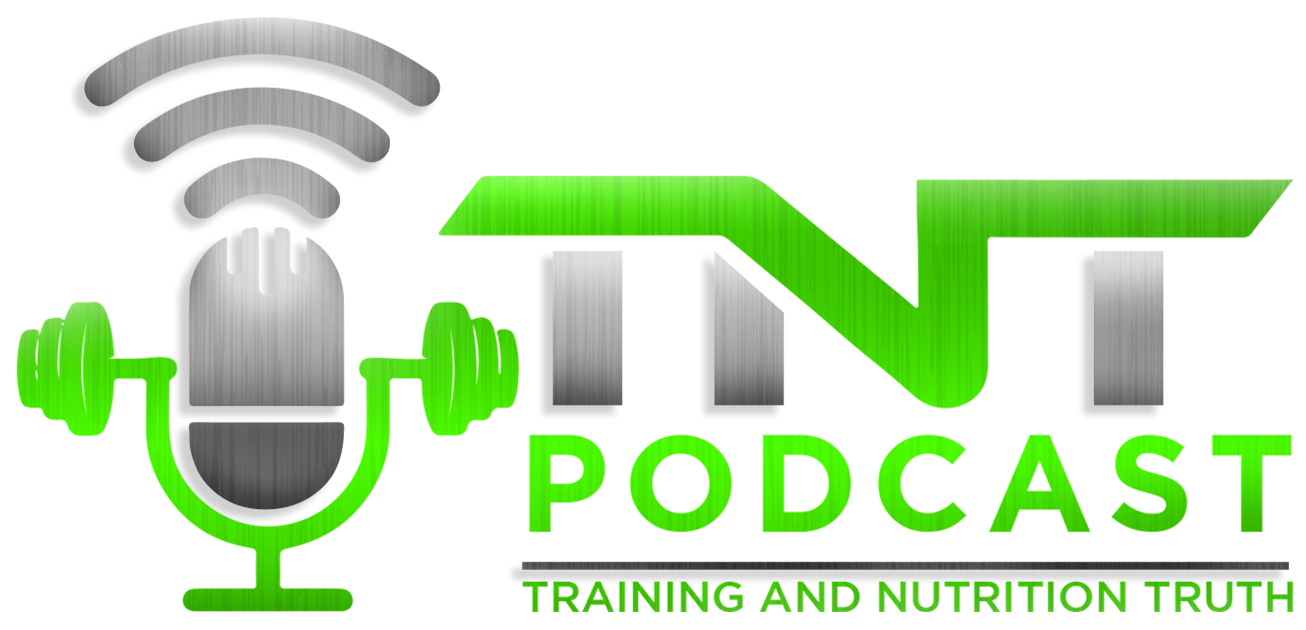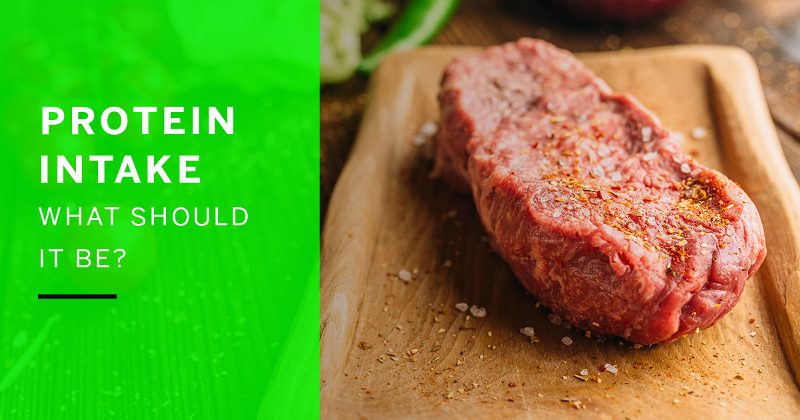What Should My Protein Intake Be If I’m Trying to Lose Weight and Get Lean?
Great question! For starters and to be more specific, you likely mean that you are trying to lose fat, not necessarily weight. Losing weight means you just want the number on an bathroom scale to get lower which could be less fat but also less muscle (which is much more dense than other tissues), less water and even less bone (but this is unlikely). The basic tenets of weight loss state that the total amount of calories you consume in your diet must be less than the total amount of calories you burn across the entire day. Of course, other factors play into this simple relationship, but as has been discussed previously these two factors alone comprise the overwhelming majority of the responsibility surrounding how your body mass changes.
Thus the “easy” way to lose weight is to just not eat or drink any water, but this is absolutely not recommended for basic health reasons. Any individual who drastically cuts calories will likely see a rather immediate loss of weight and many times it is nothing more than water being lost first to a decrease in glycogen stores (glycogen carries 2-3x its weight in water) and second a loss of existing protein stores. This is where protein intake becomes so very important with dieting.
Keep in mind your body does not store protein like it stores carbohydrate or fat. If you reduce your caloric intake your body still has basic caloric demands that stem from its need to survive. Sure, it can tap into stored glycogen and stored fat (hopefully lots of it), but you have to appreciate all of the cells in your body still require proteins to repair, rebuild and regenerate. Again, life goes on! But when you drastically reduce your calories it is natural for your protein intake to decrease so now: 1) the amount of protein coming in through the diet is reduced but yet 2) your body still requires a certain amount of carbohydrate, fats and protein to allow for survival. Since your diet is likely not providing enough your body turns to its largest reservoir of amino acids and protein, your muscle. Thus catabolism or wasting away of your hard earned muscle begins. Even more, a recent study in a clinical weight loss environment has reported the reductions in lean or muscle mass that occur from intentional weight loss are not recovered with subsequent weight gain (Beavers, Lyles et al. 2011), thus once it is gone it takes a while to get it back.
When weight loss is attempted by competing athletes or someone who needs to perform at a maximal level the balance of all these factors becomes even more sensitive. An excellent review was written in the European Journal of Sport Science in July 2014 that discussed this important issue (Murphy, Hector et al. 2014). With someone who is competitive, drastic reductions in caloric intake (>500 kcals/day) are many times not compatible with high quality training, and any situation that reduces overall training quality will subsequent reduce the adaptations made by training or even worse an athlete will regress and get weaker, have less endurance and recovery less aptly. For this reason alone, the rate of weight reduction must be slower when compared to a non-competitive individual (Mettler, Mitchell et al. 2010) because an overall reduction in performance is not conducive to standing on top of the podium or having your arm raised.
So what recommendation did they provide? For starters, a large (and growing) body of evidence indicates that ingesting higher protein intakes that are 2-3x the RDA (1.6 – 2.4 grams/kg/day) during periods of restricted caloric intake can help to preserve fat-free mass. While the cellular mechanisms or reasons to explain this are still being fully explored, a competing or training athlete should consume a protein intake in the range of 1.8 – 2.7 grams protein/kg/day when combined with a modest reduction in caloric intake (approximately 500 calories per day) and include regular, modest doses of resistance training. These are general recommendations and on an individual basis, a number of others factors should be considered including their normal protein intake, overall training volume, body composition and other health factors. All protein sources should be high-quality and regular protein feedings (20-25 grams every 3-4 hours) are advised. To rapidly facilitate recovery and stimulating of muscle protein synthesis during recovery, athletes are advised to consume 25-30 grams of a high-quality protein sources with a high dose of leucine (6-10 grams of leucine total) with a rapid digestion kinetics (whey protein isolate with added essential amino acids is perfect): Phormula-1 + Anabolic Bridge! Finally, protein doses with a larger meal might need to be slightly higher as well as any protein dose taking shortly before going to sleep (Murphy, Hector et al. 2014).
References
Beavers, K. M., M. F. Lyles, C. C. Davis, X. Wang, D. P. Beavers and B. J. Nicklas (2011). “Is lost lean mass from intentional weight loss recovered during weight regain in postmenopausal women?” The American journal of clinical nutrition 94(3): 767-774.
Mettler, S., N. Mitchell and K. D. Tipton (2010). “Increased protein intake reduces lean body mass loss during weight loss in athletes.” Med Sci Sports Exerc 42(2): 326-337.
Murphy, C. H., A. J. Hector and S. M. Phillips (2014). “Considerations for protein intake in managing weight loss in athletes.” Eur J Sport Sci: 1-8.

